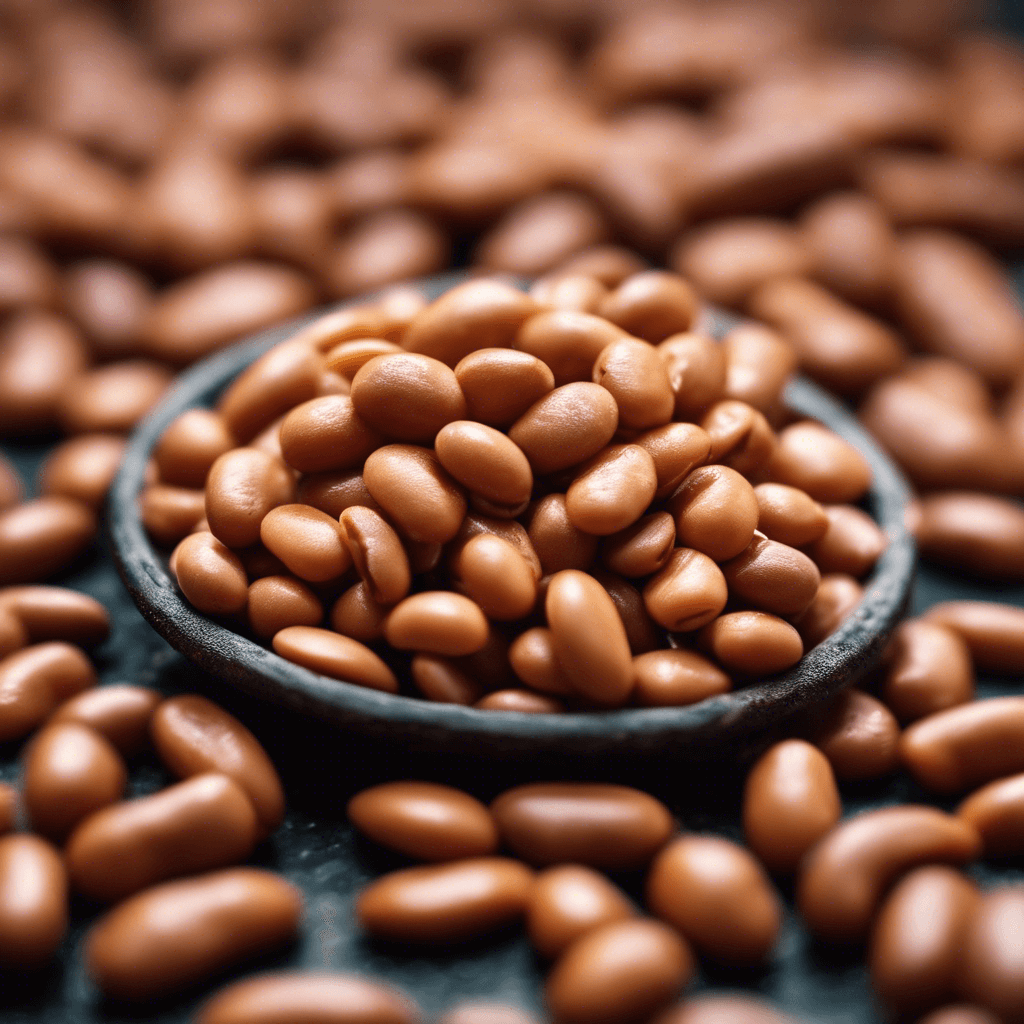Are Carbohydrates in Beans Bad for Diabetics? Carbohydrates often get a bad rap in the […]
Are Carbohydrates in Beans Bad for Diabetics?
Carbohydrates often get a bad rap in the world of health and wellness, especially when it comes to diabetes management. Many people believe that carbohydrates can cause blood sugar spikes and should be avoided by individuals with diabetes. However, not all carbohydrates are created equal, and this is especially true when it comes to carbohydrates in beans. Beans are a nutrient-dense food that provides a variety of health benefits, even for those with diabetes. Let’s take a closer look at the consequences, advantages, and disadvantages of carbohydrates in beans for individuals with diabetes, and why carbohydrates in beans might not be bad for diabetics.
Consequences of Carbohydrates in Beans for Diabetics
1. Blood Sugar Control: Carbohydrates are a primary source of energy for the body. When consumed, carbohydrates are broken down into glucose, which raises blood sugar levels. For individuals with diabetes, it is essential to manage blood sugar levels to prevent complications. The carbohydrates in beans, known as complex carbohydrates, are digested and absorbed more slowly than simple carbohydrates found in processed foods. This slower digestion leads to a more gradual increase in blood sugar levels, making beans an excellent choice for diabetics.
2. Fiber Content: Beans are rich in dietary fiber, which plays a vital role in regulating blood sugar levels. Fiber slows down the absorption of glucose in the bloodstream, preventing sudden spikes in blood sugar. Additionally, fiber promotes feelings of fullness and can aid in weight management, another important aspect of diabetes management.
3. Nutrient Profile: Beans are packed with essential nutrients such as vitamins, minerals, and antioxidants. They are an excellent source of plant-based protein, which can help with muscle repair and growth. Consuming beans can contribute to overall health and wellness, providing individuals with diabetes the needed nutrients to support their bodies’ functioning.
Advantages of Carbohydrates in Beans for Diabetics
1. Improved Glycemic Control: The slow digestion and absorption of carbohydrates in beans can lead to improved glycemic control for individuals with diabetes. By choosing beans as part of their carbohydrate intake, diabetics can better regulate their blood sugar levels and reduce the risk of complications associated with diabetes.
2. Weight Management: Beans are low in fat and high in fiber, making them an excellent choice for individuals looking to manage a healthy weight. By including beans in their diet, individuals with diabetes can feel satisfied while consuming fewer calories. This can be particularly beneficial for those who are looking to lose weight or maintain a healthy weight to support their diabetes management.
3. Cardiovascular Health: Diabetes is associated with an increased risk of cardiovascular disease. However, consuming beans regularly may help reduce this risk. Beans are low in saturated fat and cholesterol while being high in fiber and antioxidants. These properties can contribute to lower cholesterol levels, improved heart health, and reduced risk of heart disease for individuals with diabetes.
Disadvantages of Carbohydrates in Beans for Diabetics
1. Flatulence: One potential downside of consuming beans is their tendency to cause gas and bloating. This is due to the high fiber content present in beans. However, soaking beans overnight before cooking and gradually increasing bean consumption can help reduce these side effects.
2. Carbohydrate Counting: For individuals with diabetes who closely monitor their carbohydrate intake, accurately counting the carbohydrates in beans can be challenging. Different types of beans have varying carbohydrate contents, and it is essential to measure portion sizes accurately. Consulting a registered dietitian can help individuals with diabetes navigate this aspect of bean consumption.
3. Preparation Time: Compared to other carbohydrate sources, such as rice or bread, beans require more time for preparation. Soaking and cooking beans can be time-consuming, which may be a challenge for individuals with busy lifestyles. However, planning and batch cooking can help overcome this issue.
Who Can Benefit from Including Carbohydrates in Beans?
The information presented here suggests that individuals with diabetes can benefit greatly from including carbohydrates in beans in their diet. Beans provide a slow and steady release of glucose, aiding in blood sugar control. Moreover, the fiber content helps manage weight and supports cardiovascular health. However, it is important for individuals with diabetes to work with a healthcare professional or registered dietitian to determine the appropriate amount of beans to include in their meal plan based on their specific needs and goals.
To sum it up, carbohydrates in beans are not bad for diabetics; in fact, they can be highly beneficial. The key is moderation and mindful consumption. Beans offer a wide range of health benefits, including improved glycemic control, weight management, and cardiovascular health. So go ahead and enjoy the versatility and nutritional value of beans in your diet, all while keeping your diabetes management in check.













